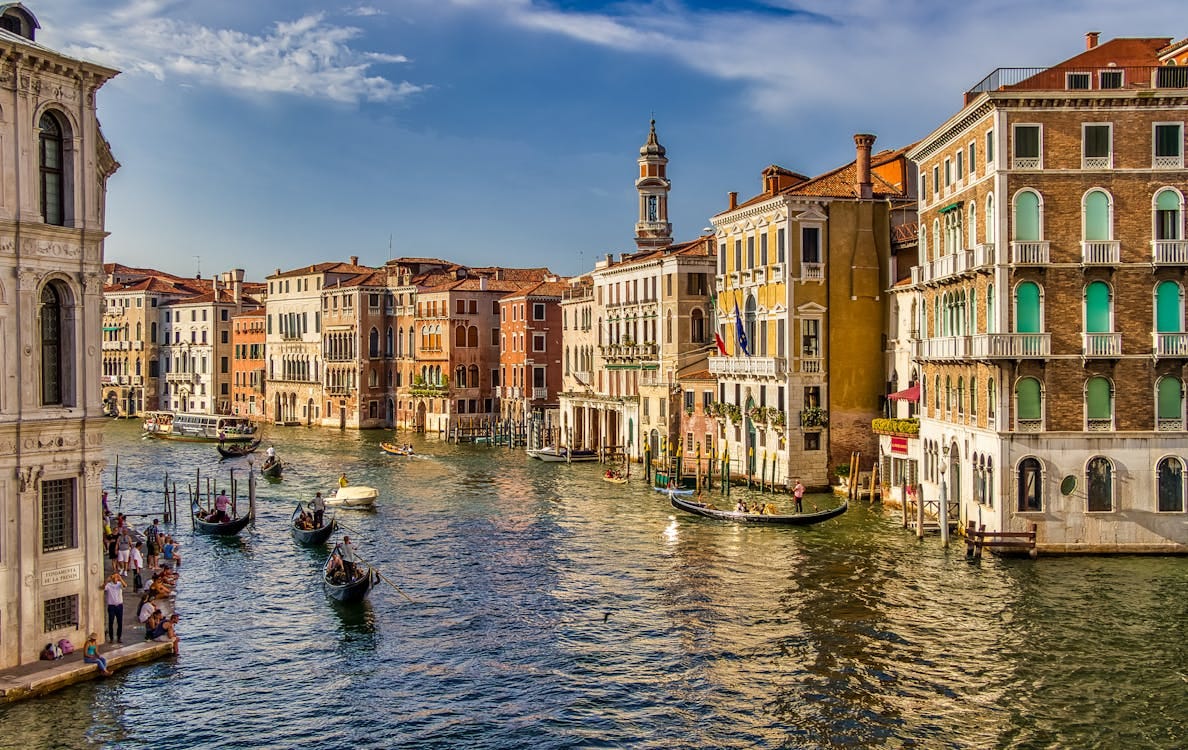You've likely noticed the growing backlash against tourists around the globe. In Barcelona, locals have taken to the streets with water pistols in hand, demanding, 'Tourists go home!’ Venice is experimenting with entry fees for day-trippers, and Greeks are voicing their frustrations over the impact of mass tourism on their communities. This isn’t just a European phenomenon. From the Philippines, where entire islands are suffering from environmental degradation, to Japan, where the city of Fujikawaguchiko is installing a large black screen to block the view of Mount Fuji in an effort to deter tourists, the story is the same.
It's completely understandable. Locals are grappling with skyrocketing costs, a housing crisis, and streets overflowing with tourists. Yet, there’s another side to this narrative. For all it’s flaws, toursim remains a significant economic driver, providing jobs and supporting local businesses. It's also worth noting that the Amsterdammers who complain about tourists in their own city often contribute to similar issues abroad—after all, the Dutch travel 2.5 times more than the average European.
The challenge lies in finding a balance—a way to enjoy the benefits of tourism without compromising the quality of life for those who call these places home. While the news around hyper-tourism backlash can seem grim, there's more to the story than just angry locals. Here are some interesting tales from around the world.
Have a great weekend!
Lior
“The world is a book, and those who do not travel read only one page.”
— Saint Augustine
🌎 From the world. This summer, the city of Copenhagen experimented with rewarding travelers for engaging in environmentally responsible activities. Visitors who were riding a bike, taking public transportation, or collecting plastic could receive a thank-you gift: a meal at a restaurant, coffee, wine, Danish pastries, or museum admission.
Meanwhile, in Mexico City, as more foreigners, especially Americans, visit or move to the city, some taco shops have lowered the heat in their sauces. Not everyone is happy.
🚲 From the Netherlands. In Amsterdam, some locals are protesting against the 22 million yearly overnight stays, a staggering number that has led the city to implement a variety of measures to combat over-tourism.
One creative approach has been the introduction of local tours guided by residents, offering tourists a deeper understanding of the city’s diverse population. For instance, you can now take a boat tour led by locals like Tommy Sherif, an Egyptian writer, storyteller, and political activist who has made Amsterdam his home.
🧡 From Humankind. Last year, we worked with the city of Amsterdam to explore how they can restore the balance between livability and hospitality in the Red Light District.
The project started with extensive qualitative and desk research, including over 50 interviews with visitors, both in the neighborhood and at Schiphol Airport. Their experiences of the neighborhood were captured in 3 themes that were then used to anchor a spatial analysis. This research combined different data layers provided by the municipality and produced maps to better understand how different system loops play out in reality.
📚 Dive Deeper. The New Tourist by Paige McClanahan is an exploration of how tourism has shaped the world, for better and for worse. It lifts the veil on an industry that accounts for one in ten jobs worldwide and generates nearly ten percent of global GDP.
🤩 So beautiful. The reason some cities have so many tourists is that they are extremely beautiful. People want to experience, even if for just a few days, what it is like to be in an extraordinary man-made creation. This raises the question: Why did we stop building beautiful places like Venice, Paris, and Amsterdam? Have we lost the art of creating great cities?






It's definitely a subject that needs more focus.
Looking forward to seeing how each method performs!
Great post, especially highlighting the nuances here -- I used to live on the same block as the Empire State Building... I know what it's like to have tourists blocking your way when you're in a hurry. 😂
Copenhagen's carrot approach is a super interesting one!